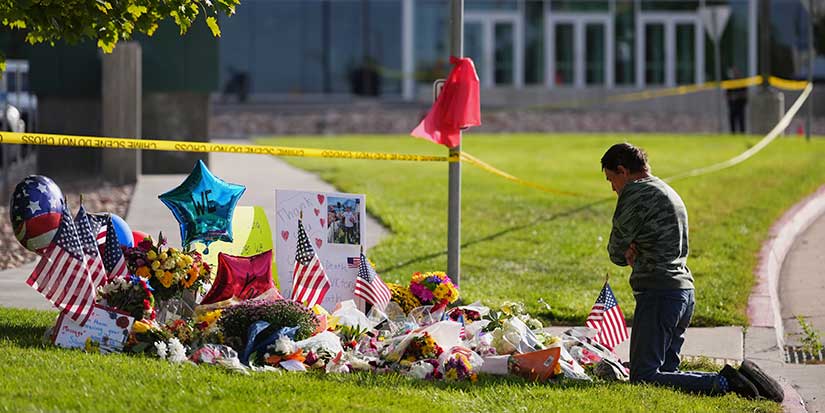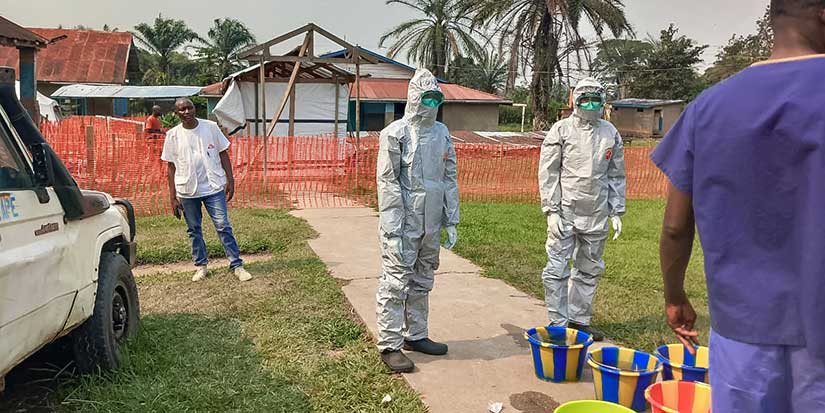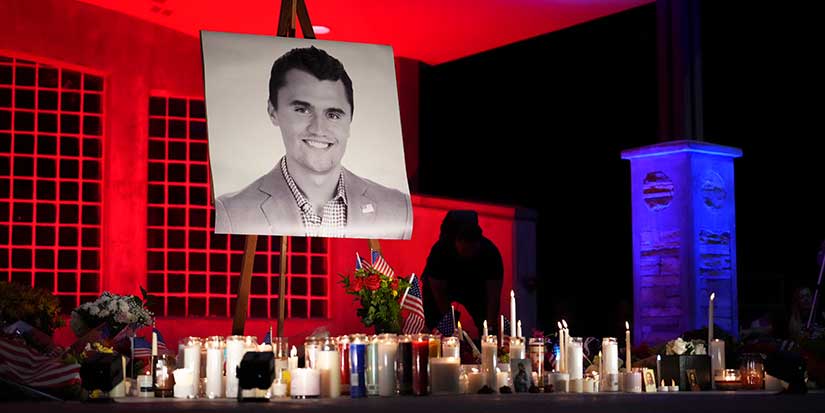Latest News
B.C. releases new data on homelessness

Published 3:44 PDT, Thu March 17, 2022
—
A first-of-its-kind report on homelessness will give better information to help target provincial programs and services to improve supports for people experiencing homelessness and help prevent people from becoming homeless.
"If our plan to prevent and address homelessness across the province is to be successful, we'll need information about where the work needs to be done to get people inside and prevent people from becoming homeless in the first place," said David Eby, Attorney General and Minister Responsible for Housing. "The information we've gathered since doing a physical provincial homeless count for the first time in 2018 has been very useful in identifying trends and unique demographic information; however, this new anonymized data collected from government systems helps us better figure out the profiles of those who are chronically homeless and what services and supports these folks need to come inside. We'll be able to transition from reacting to a particular housing crisis, to being able to prevent chronic homelessness in the first place. That's a big deal, and this information makes it possible."
Through a new project to compile and analyze data on homelessness from provincial employment assistance, shelter, and health programs, information is available for the first time about the number of people who experienced homelessness over the course of a year in British Columbia. The report, the first of its kind in Canada, uses anonymized provincial data from 2019 to create a reliable picture of people experiencing homelessness, including the community where they lived and whether their homelessness was short-term or chronic.
The province has previously only had data on homelessness from community homelessness counts that provided a snapshot of homelessness at a particular point in time in 25 B.C. communities, but these were known to be undercounts. This new data project allows B.C. to count people experiencing homelessness who have always been a part of B.C. communities but were previously difficult to count through community homelessness counts.
The data will be collected and reported each year to provide information on trends and ensure solutions to homelessness can be targeted where they will be most effective.
"We acknowledge that people experiencing homelessness have been systemically excluded from decision-making, so it's critically important that we are opening a dialogue with folks to get a better understanding of what their individual needs are," said BC Housing chief executive officer Shayne Ramsay. "The goal is to use this information to help inform better policies and decisions that ultimately benefit people experiencing homelessness in our province."
The province is also releasing the 2020-21 Report on Homeless Counts in B.C., which is the second provincial report on homeless counts. These reports occur every two years. Much of this data, including the Metro Vancouver and Fraser Valley counts, was previously released in 2020, but has now been compiled into a province-wide report. In 2018, B.C. helped to fund the first province-wide homeless count in Canada, which was documented in the 2018 report on homeless counts.
The two reports provide different but complementary information about homelessness in B.C. and cover two distinct time periods. The 2019 homeless cohort, as established by the new Preventing and Reducing Homelessness Integrated Data Project, captures those who accessed income assistance and reported having no fixed address and/or accessed a shelter over the course of 2019. By comparison, the 2020-21 Report on Homeless Counts relies on community-level interactions by volunteer surveyors over a 24-hour period and provides information about gender, age, Indigenous identity, racial identity, health conditions, service use, and factors that contribute to homelessness.
BC Liberal critic for housing Mike Bernier said an 11.5 per cent increase in people experiencing homelessness is unacceptable.
“It’s especially shocking to see 222 children homeless with a parent, but it’s sadly not surprising. At a time when life has never been less affordable and more than 50 per cent of British Columbians are less than $200 away from not being able to pay the bills, the NDP need to take direct action to help with affordability, mental health supports and housing,” said Bernier.
Learn More:
To access the Preventing and Reducing Homelessness Integrated Data Project, click here.
To read the 2020-21 Report on Homeless Counts in B.C., click here.































